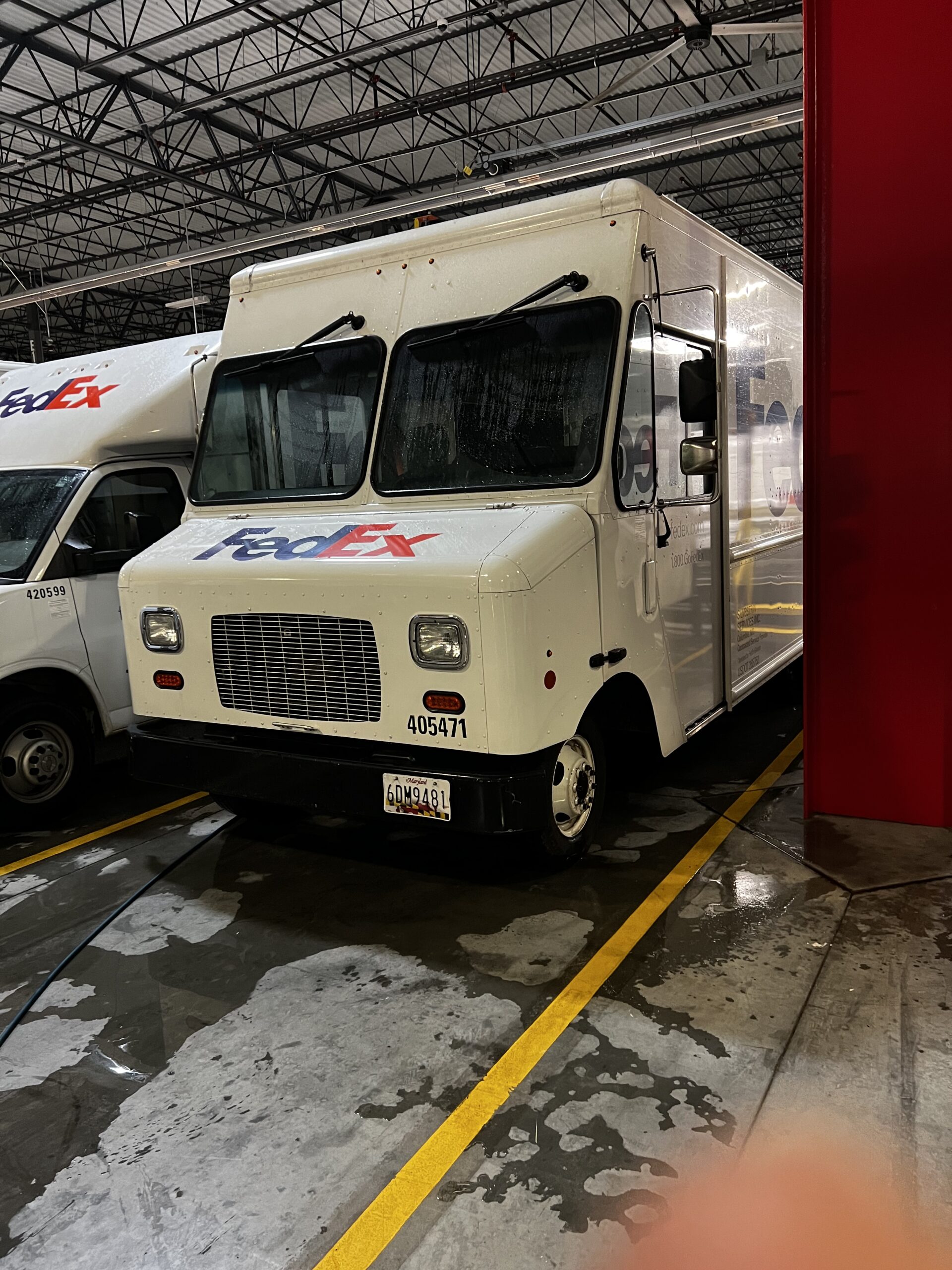Maintaining optimal tire performance and handling characteristics is essential for fleet management. One innovative solution that stands out is the use of Åastraea Nitrogen. This method of inflating tires with nitrogen, instead of conventional air, offers numerous advantages that significantly contribute to the overall efficiency of commercial trucks.
Traditional air is composed of about 78% nitrogen, 21% oxygen, and a small percentage of other gases. In contrast, nitrogen inflation involves using a higher concentration of nitrogen, typically around 93-95%. This higher purity of nitrogen results in several key benefits that can enhance tire longevity, improve safety, and contribute to environmental sustainability.
At Fuel & Tire Saver Systems Company, LLC, we specialize in mobile onsite nitrogen tire inflation services across Virginia, Maryland, Pennsylvania, North Carolina, Tennessee, and Georgia. Our expert team visits truck fleets, inspects, and inflates tires with Åastraea Nitrogen, ensuring your fleet remains efficient and safe on the road.
By choosing our nitrogen inflation service, you are not only investing in better tire performance but also contributing to a greener planet. Nitrogen-inflated tires maintain pressure longer, leading to improved fuel efficiency and reduced tire wear. This ultimately translates to lower operational costs and fewer carbon emissions.
Ready to experience the benefits of Åastraea Nitrogen for your fleet? Request Fleet Pricing, contact our office at (703) 429-0382, or email Mike.LoPresti@fuelandtiresaver.com to learn more.
Table of Contents
ToggleImportance of Consistent Tire Performance
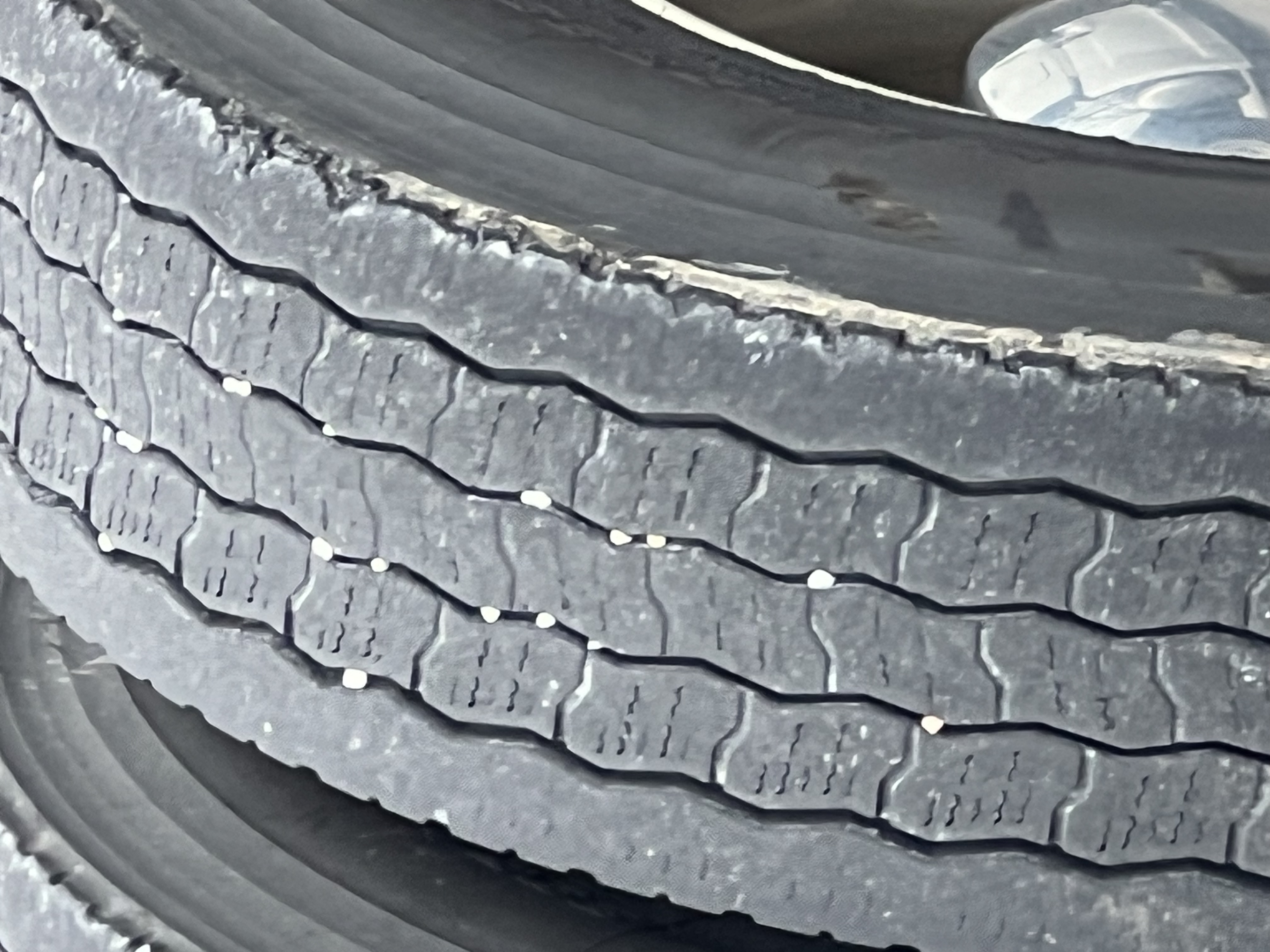
Consistent tire performance is crucial for the safe and efficient operation of any fleet. Tires are the only point of contact between the vehicle and the road, making their condition and performance paramount for overall vehicle safety and handling. When tire performance varies, it can lead to several issues such as uneven tire wear, reduced fuel efficiency, and compromised handling.
One of the primary factors affecting tire performance is tire pressure. Under-inflated or over-inflated tires can cause irregular tread wear, reducing the lifespan of the tires. Moreover, improper tire pressure affects the vehicle’s fuel economy. Under-inflated tires increase rolling resistance, which means the engine has to work harder to move the vehicle, leading to higher fuel consumption.
In addition to fuel efficiency and tire wear, consistent tire performance is essential for maintaining optimal handling characteristics. Properly inflated tires provide better traction and stability, especially in adverse weather conditions. This is particularly important for commercial trucks that often travel long distances and carry heavy loads. Any variation in tire performance can compromise the vehicle’s handling, making it more challenging to control and increasing the risk of accidents.
Åastraea Nitrogen helps maintain consistent tire performance by keeping tire pressure stable over a longer period. Unlike regular air, nitrogen molecules are larger and less prone to seepage, thereby reducing the rate at which tires lose pressure. This stability ensures that the tires remain at optimal pressure levels, providing the best possible performance and handling characteristics, which are critical for the safety and efficiency of your fleet.
How Nitrogen Inflates Tires Differently
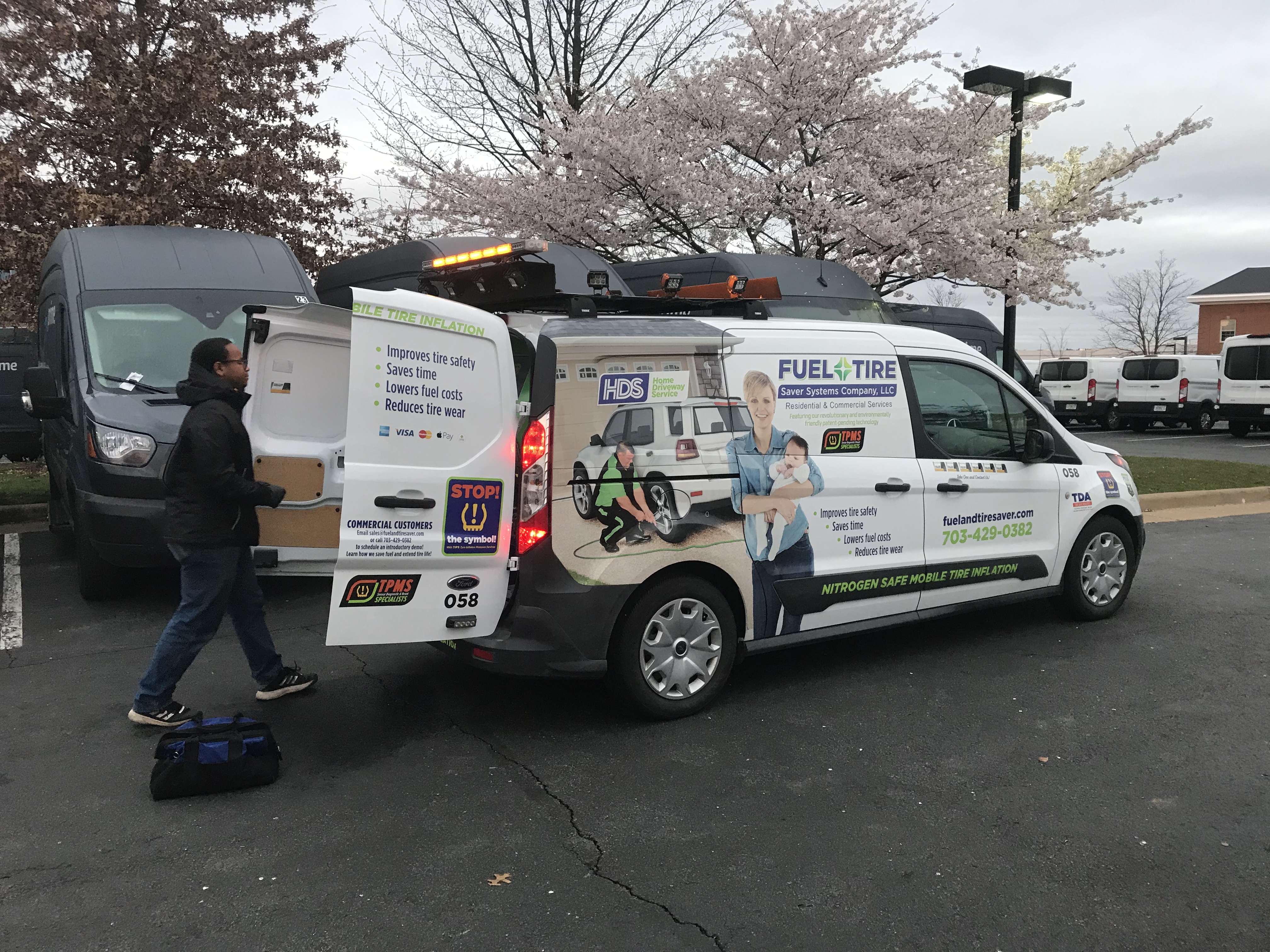
Nitrogen inflation differs significantly from regular air inflation, offering several advantages that directly impact tire performance and longevity. Traditional air consists of roughly 78% nitrogen, 21% oxygen, and small amounts of other gases. However, the presence of oxygen and moisture in the air can lead to several issues over time. Oxygen molecules are smaller and more permeable, which means they can escape through the tire walls more easily than nitrogen. This results in a gradual loss of tire pressure, necessitating more frequent checks and refills.
Moreover, oxygen can react with the tire’s rubber, causing oxidation. Oxidation weakens the rubber, leading to cracks and deterioration. Moisture present in regular compressed air can also contribute to corrosion of the steel or aluminum wheels, further compromising the tire’s integrity. These issues are mitigated when nitrogen is used for tire inflation.
By using nitrogen, which is a dry and inert gas, the rate of pressure loss is significantly reduced. Nitrogen molecules are larger and less permeable than oxygen molecules, ensuring that tires maintain their optimal pressure levels for a longer period. This stability in tire pressure translates to more consistent tire performance, better fuel efficiency, and extended tire life. Additionally, the absence of moisture with nitrogen inflation eliminates the risk of internal corrosion and oxidation, preserving the tire and wheel’s structural integrity.
The process of nitrogen inflation involves purging the tires of regular air and filling them with high-purity nitrogen, typically above 93%. This specialized process requires equipment that can effectively remove oxygen and other contaminants, ensuring that the benefits of nitrogen inflation are fully realized. Åastraea Nitrogen employs advanced techniques and equipment to provide this service, ensuring that your fleet’s tires are always performing at their best.
Benefits of Using Åastraea Nitrogen
Utilizing Åastraea Nitrogen for tire inflation offers a myriad of benefits that enhance the overall performance and safety of your fleet. One of the most significant advantages is the improvement in tire pressure retention. As nitrogen molecules are larger and less permeable than oxygen molecules, they leak out more slowly, maintaining consistent tire pressure over longer periods. This reduces the need for frequent top-ups and allows for optimal tire performance.
Fuel efficiency is another critical benefit. Tires inflated with nitrogen maintain optimal pressure, which minimizes rolling resistance. This reduction in rolling resistance leads to better fuel economy, as the engine does not have to work as hard to move the vehicle. For fleets, this translates to substantial cost savings on fuel in the long run.
In terms of safety, nitrogen-inflated tires are less prone to blowouts. Consistent tire pressure ensures that the tires wear evenly, reducing the risk of sudden tire failures. Moreover, the absence of moisture in nitrogen inflation prevents internal corrosion and oxidation, which can weaken the tire structure and lead to dangerous situations on the road.
Extended tire life is another notable advantage. The reduced rate of pressure loss and prevention of oxidation and moisture damage mean that the tires degrade more slowly. This leads to fewer replacements and lower overall maintenance costs for the fleet. Additionally, consistent tire pressure ensures that the tires wear evenly, further extending their usable life.
Lastly, using Åastraea Nitrogen contributes to a greener environment. Better fuel efficiency means lower emissions, and extended tire life results in fewer tires being discarded. This eco-friendly approach aligns with sustainable practices and helps in reducing the carbon footprint of your fleet.
Impact of Nitrogen on Fuel Efficiency
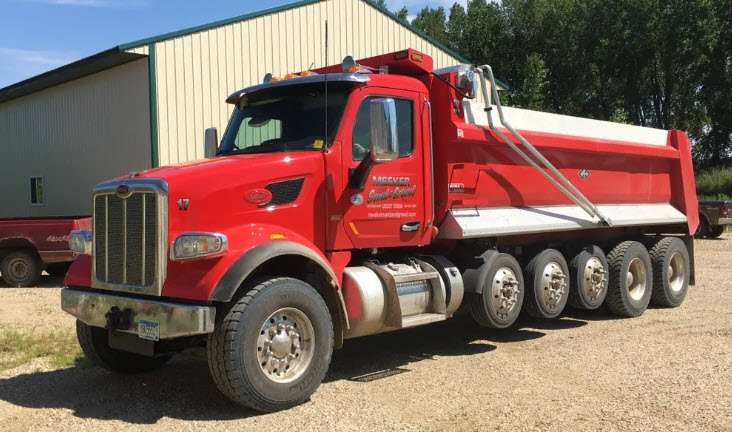
The impact of Åastraea Nitrogen on fuel efficiency is profound and multifaceted. One of the primary ways nitrogen contributes to better fuel economy is by maintaining consistent tire pressure. Properly inflated tires have a lower rolling resistance, meaning they require less energy to move. This directly translates to lower fuel consumption, as the engine doesn’t have to work as hard to propel the vehicle forward.
In contrast, underinflated tires create more drag and rolling resistance, causing the engine to consume more fuel. Studies have shown that for every 1 psi drop in tire pressure, fuel mileage can decrease by 0.2%. Over time, this can add up to significant fuel savings, especially for large fleets where every drop of fuel counts.
Another factor to consider is the thermal stability that nitrogen provides. Unlike regular air, nitrogen does not expand and contract as much with temperature changes. This means that tire pressure remains more stable across different driving conditions, from cold mornings to hot afternoons. Stable tire pressure ensures that the tires perform at their optimal level, reducing unnecessary fuel consumption due to fluctuating tire pressure.
Moreover, nitrogen inflation helps in maintaining the structural integrity of the tires. Oxygen and moisture in regular air can cause oxidation and internal corrosion, weakening the tire over time and leading to increased rolling resistance. By eliminating these elements, nitrogen inflation preserves the tire’s quality, ensuring that it maintains its ideal shape and performance characteristics for a longer period.
Ultimately, the use of Åastraea Nitrogen for tire inflation is an effective strategy for improving fuel efficiency. It not only helps in lowering operational costs but also contributes to a more sustainable and environmentally friendly fleet operation. By maintaining optimal tire pressure and reducing rolling resistance, nitrogen inflation maximizes fuel economy, providing a clear advantage for fleet managers looking to optimize their resources.
Environmental Advantages of Nitrogen Inflation
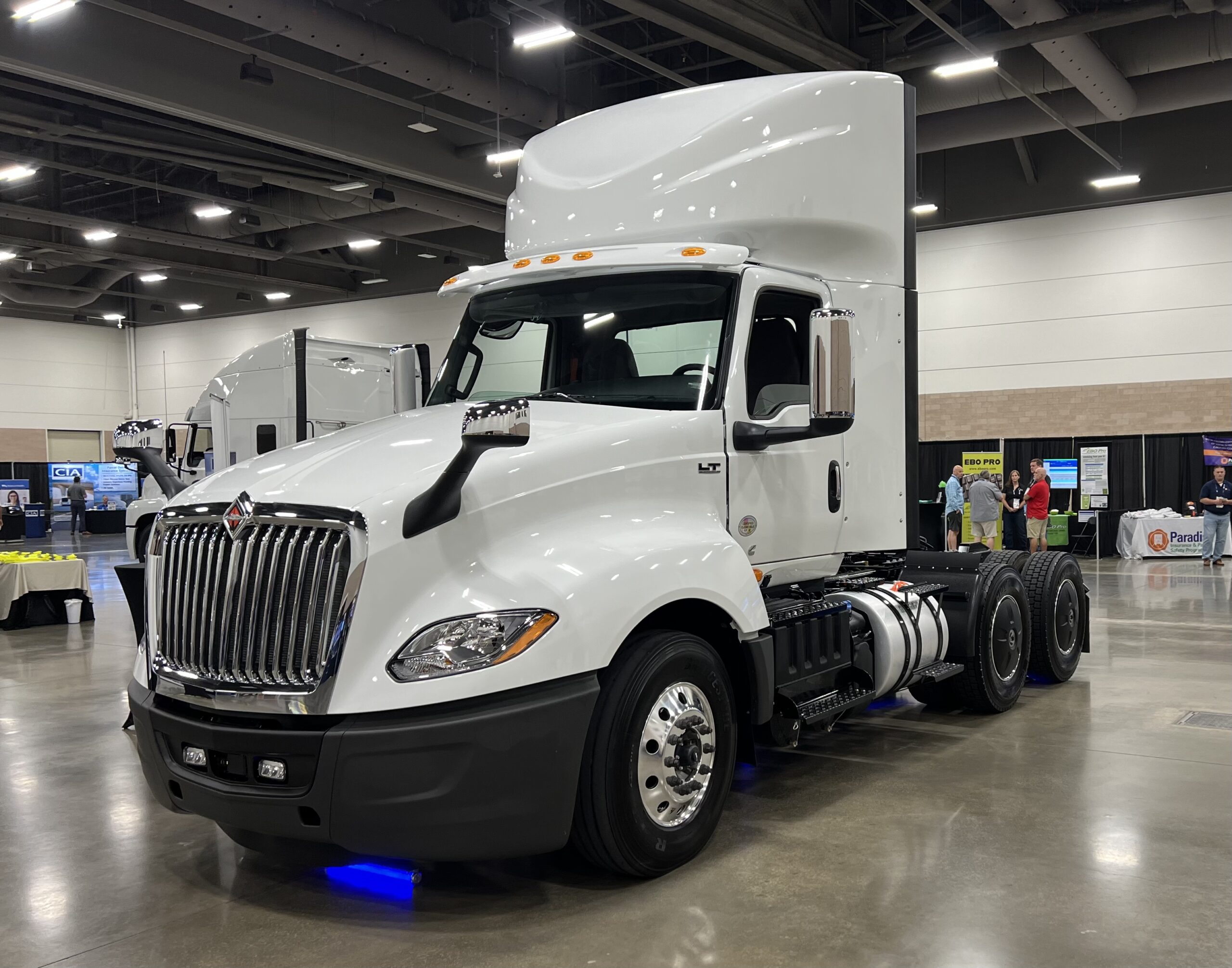
One of the most compelling reasons to choose Åastraea Nitrogen for tire inflation is its significant environmental advantages. Traditional air inflation often contains moisture and oxygen, which contribute to internal tire degradation and increased rolling resistance. This, in turn, leads to higher fuel consumption and greater emissions. By opting for nitrogen inflation, these issues are effectively mitigated, resulting in a greener and more eco-friendly solution.
One of the primary environmental benefits of nitrogen inflation is its contribution to reducing carbon emissions. Efficiently inflated tires with nitrogen maintain their optimal pressure for longer periods, reducing fuel consumption. As a result, vehicles emit fewer greenhouse gases, playing a crucial role in combating climate change. This is particularly important for commercial fleets, where fuel efficiency and reduced emissions can make a substantial environmental impact.
Moreover, nitrogen inflation helps in extending the lifespan of tires. By reducing internal oxidation and corrosion, nitrogen helps to maintain the structural integrity of tires, making them last longer. This not only saves money but also reduces the number of tires that end up in landfills. Fewer discarded tires mean less environmental pollution and a lower demand for new tire production, which itself is an energy-intensive process.
Additionally, nitrogen’s ability to maintain consistent tire pressure reduces the risk of tire blowouts and other related accidents, thereby contributing to overall road safety. Safer roads mean fewer accidents, which translates to reduced emergency responses and lower environmental costs associated with accident clean-ups and medical treatments.
By choosing Åastraea Nitrogen, fleet managers can take a proactive approach to environmental stewardship. This not only enhances the sustainability of their operations but also demonstrates a commitment to reducing their carbon footprint and promoting a healthier planet for future generations.
Ready to make the switch to nitrogen inflation and contribute to a greener planet? Request Fleet Pricing, contact our office at (703) 429-0382, or email Mike.LoPresti@fuelandtiresaver.com.

